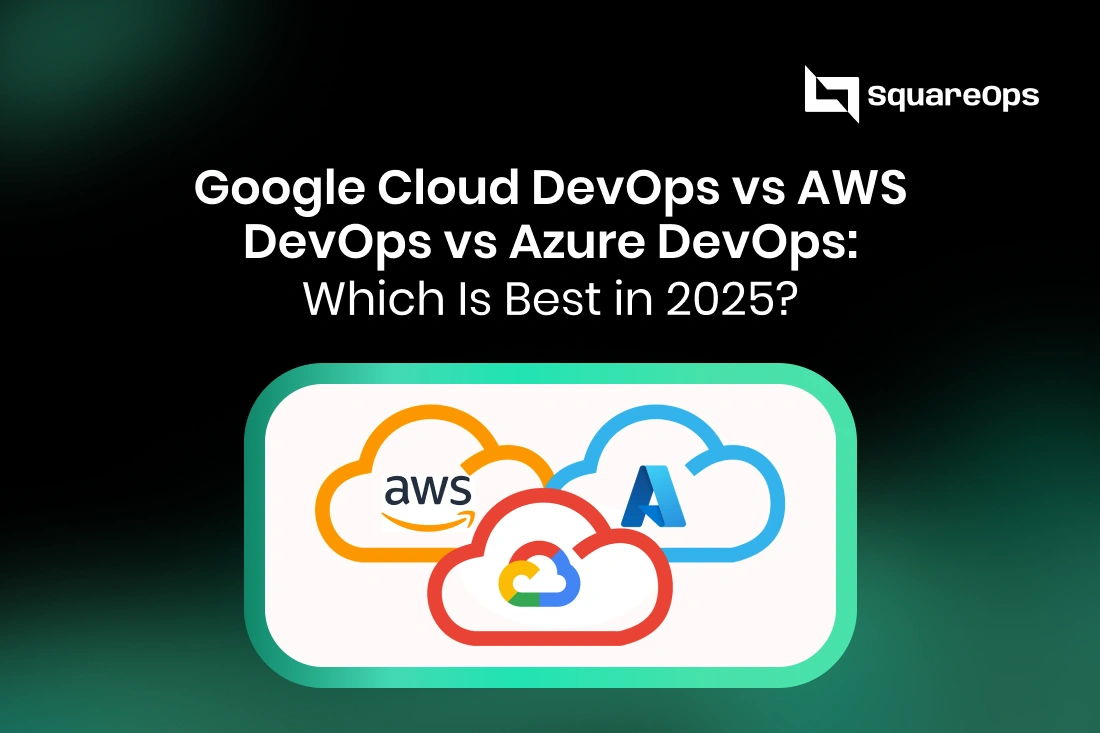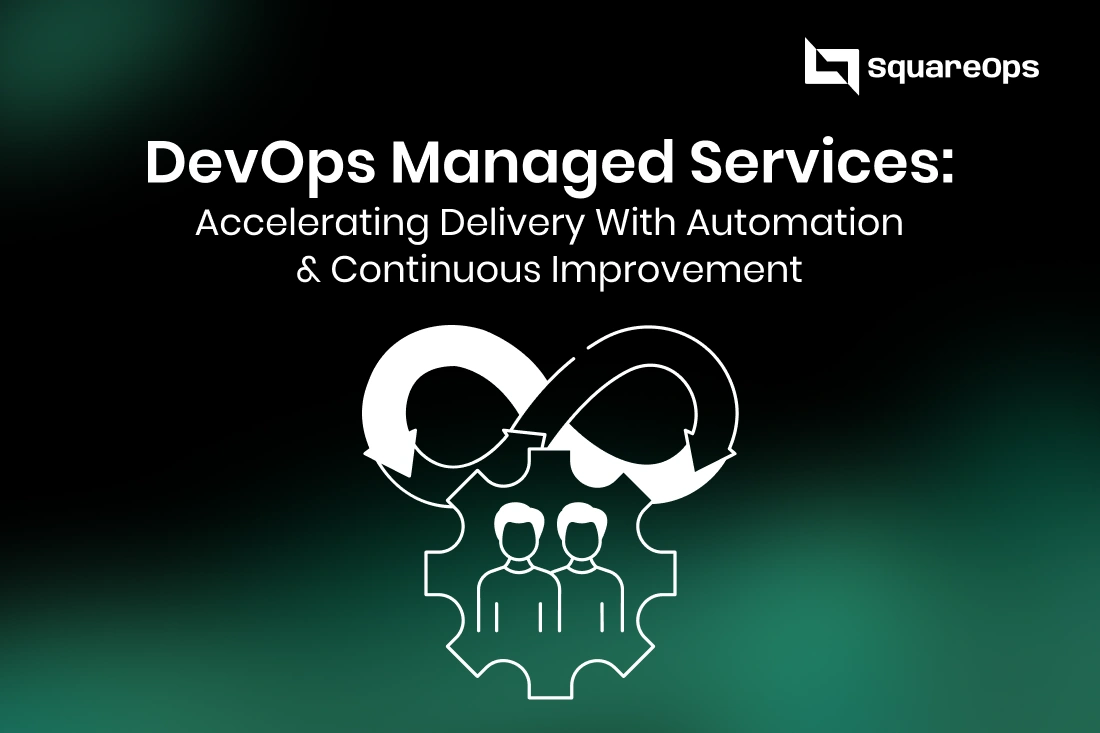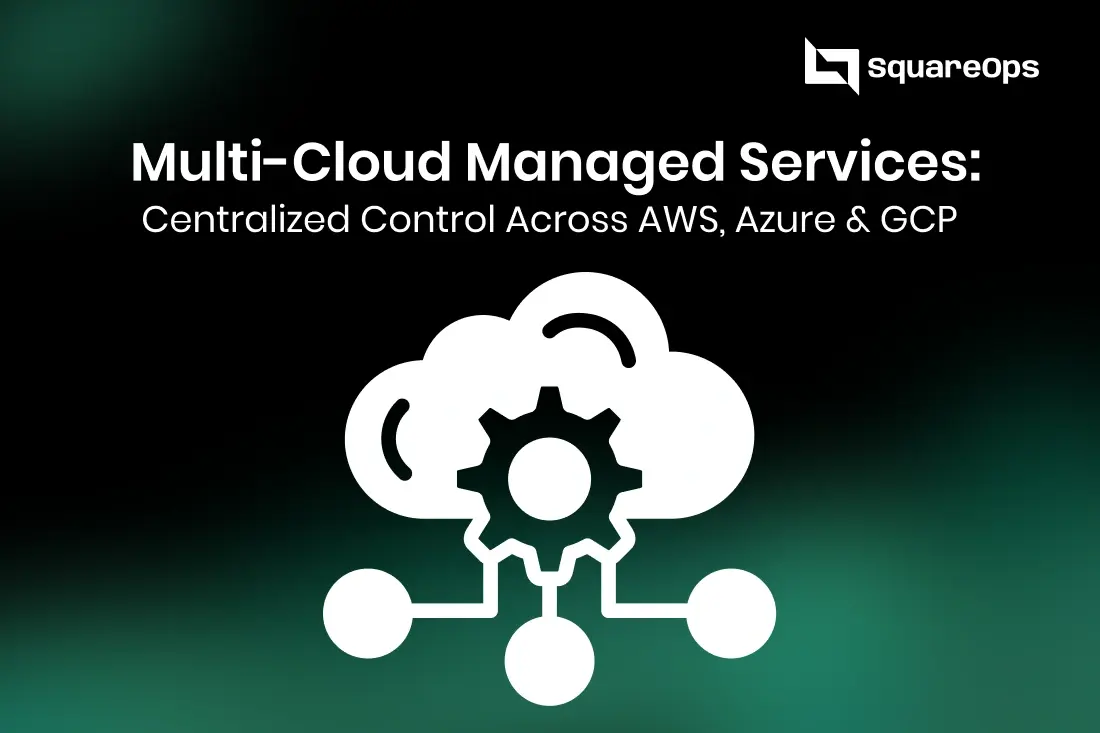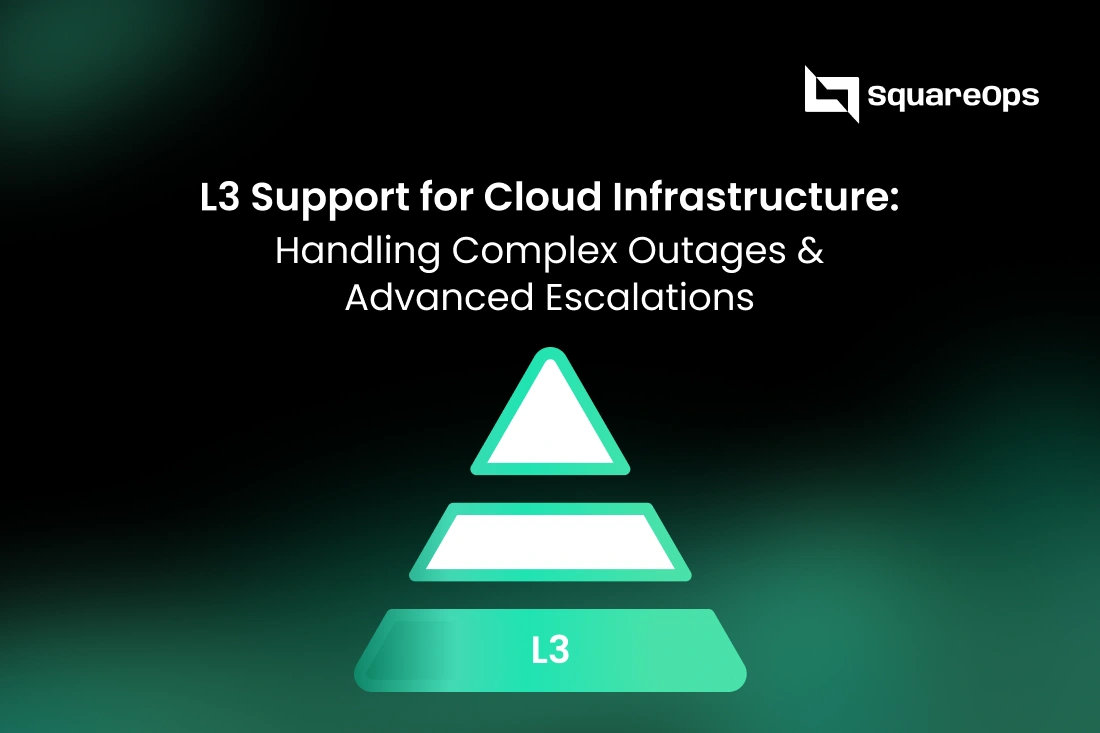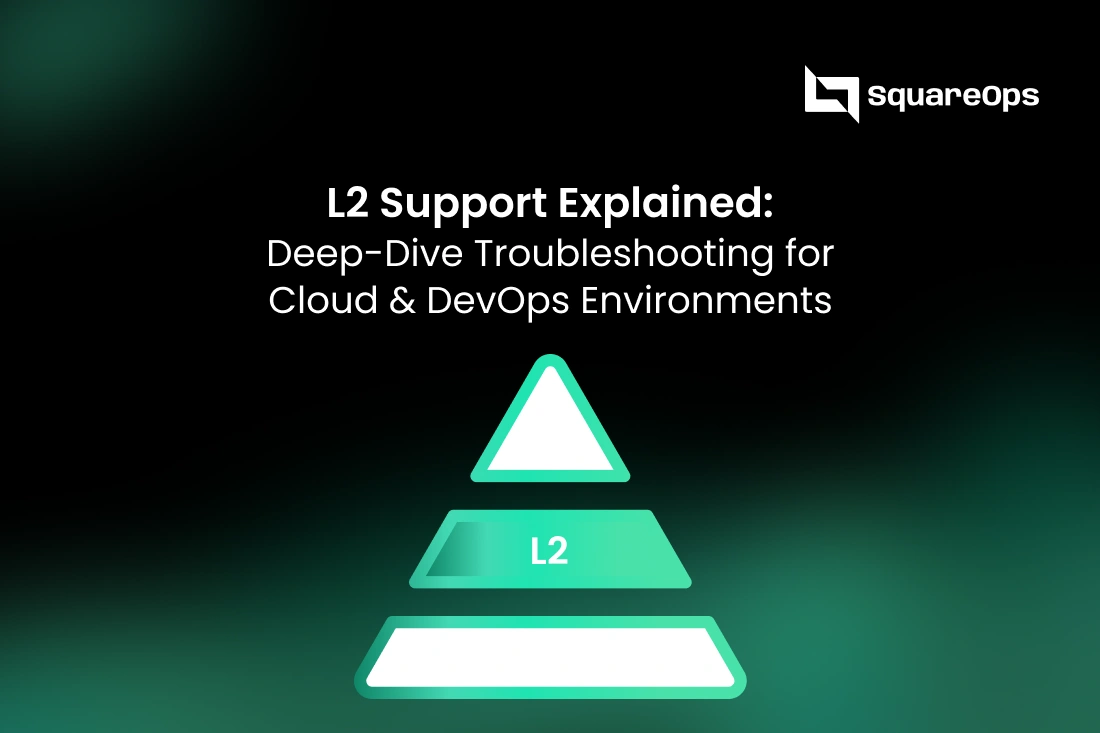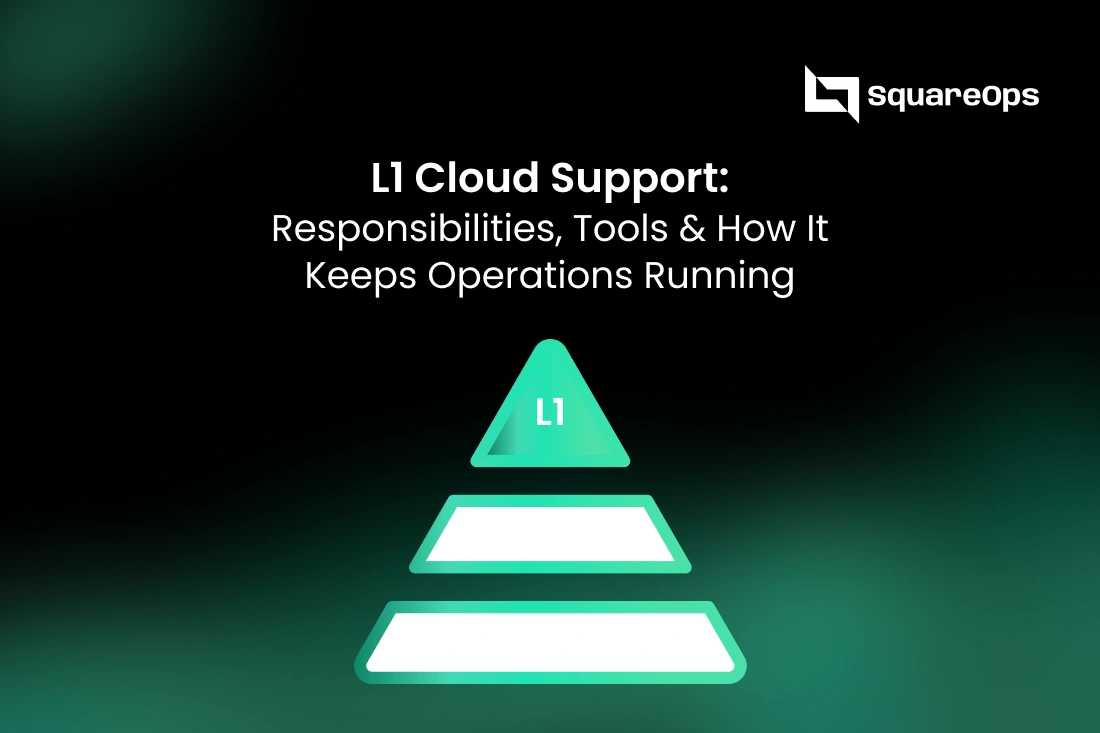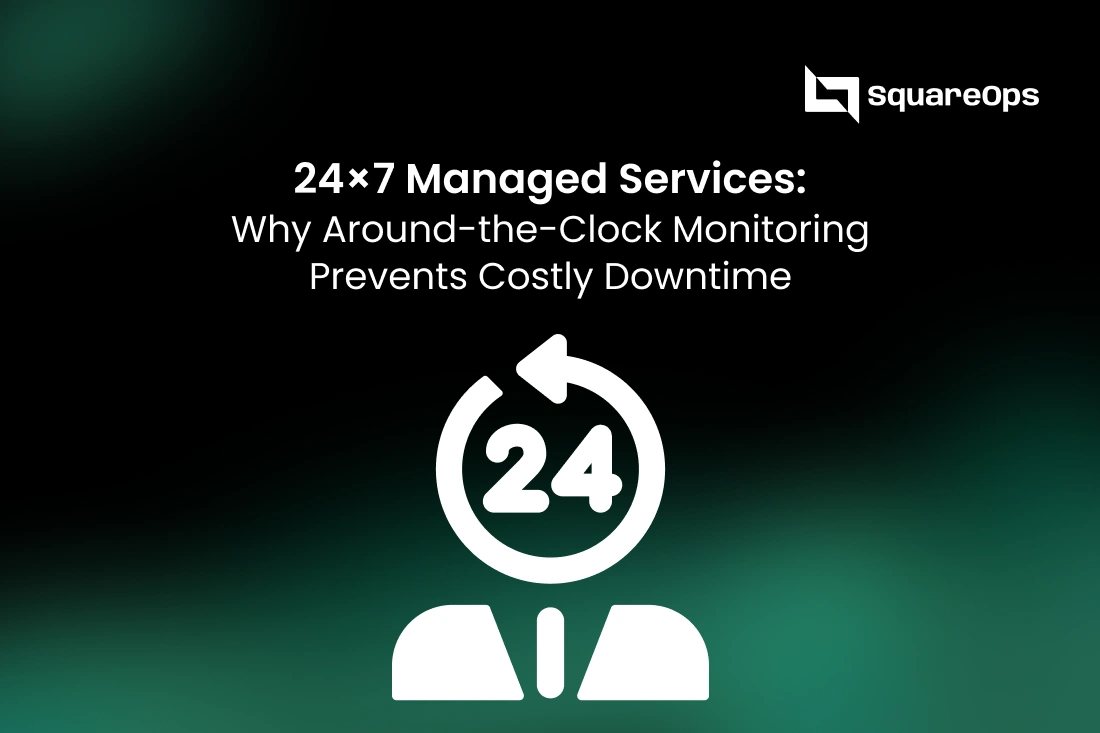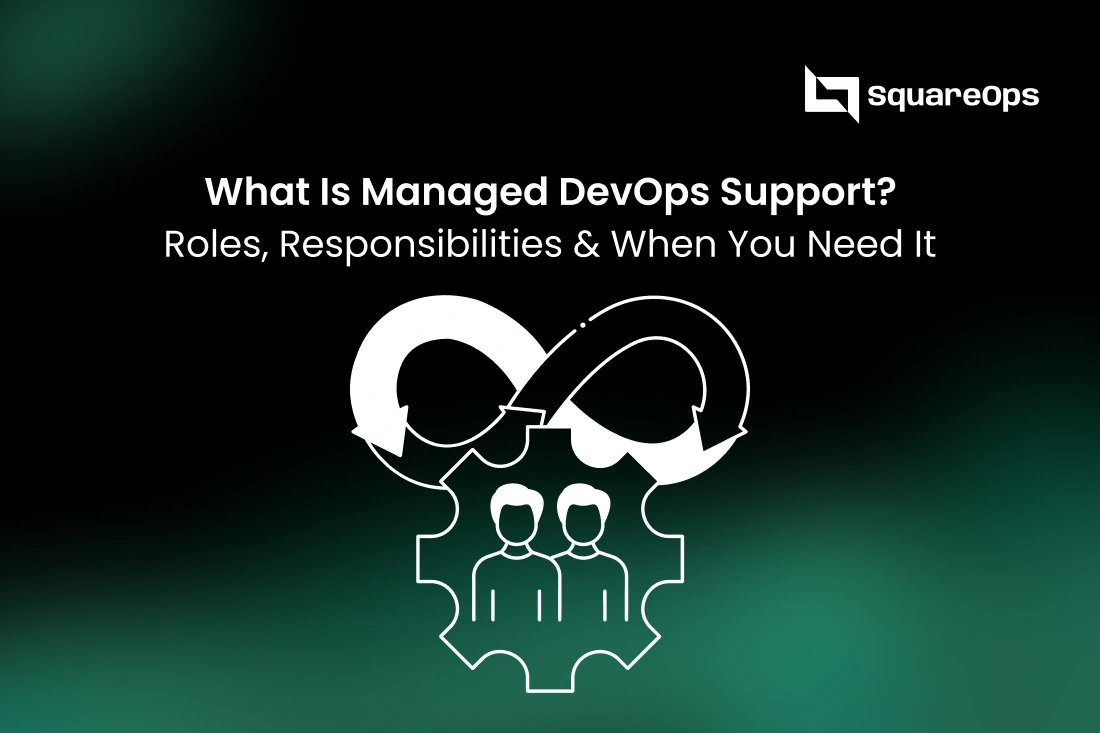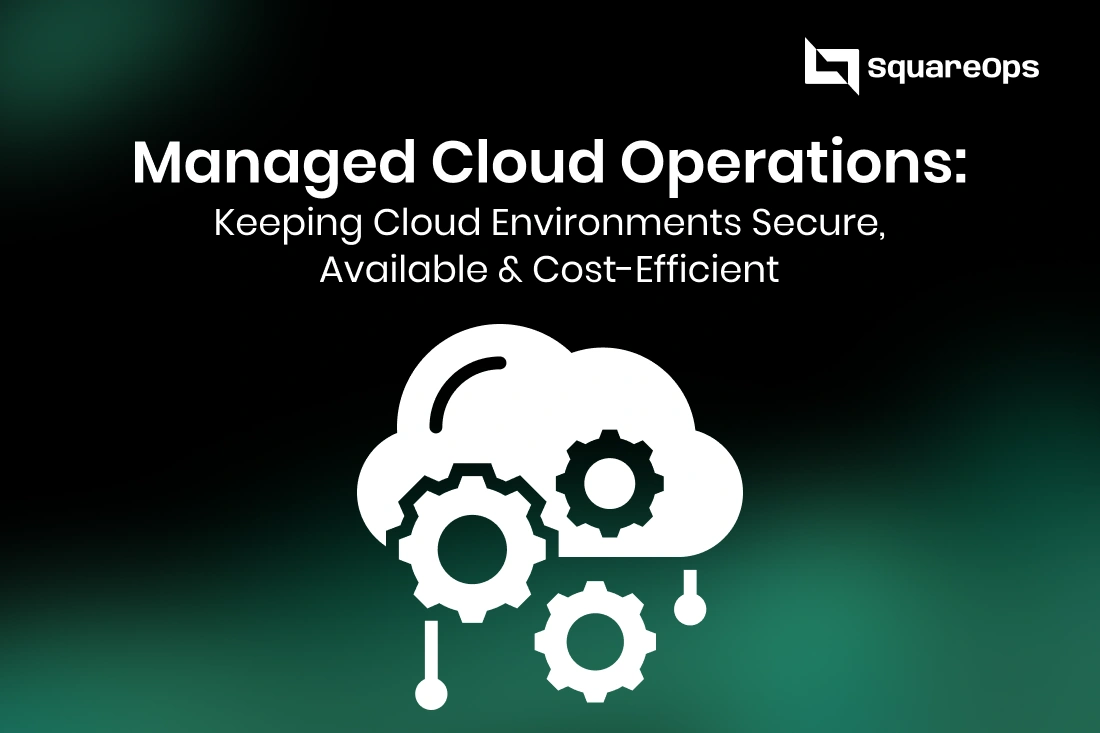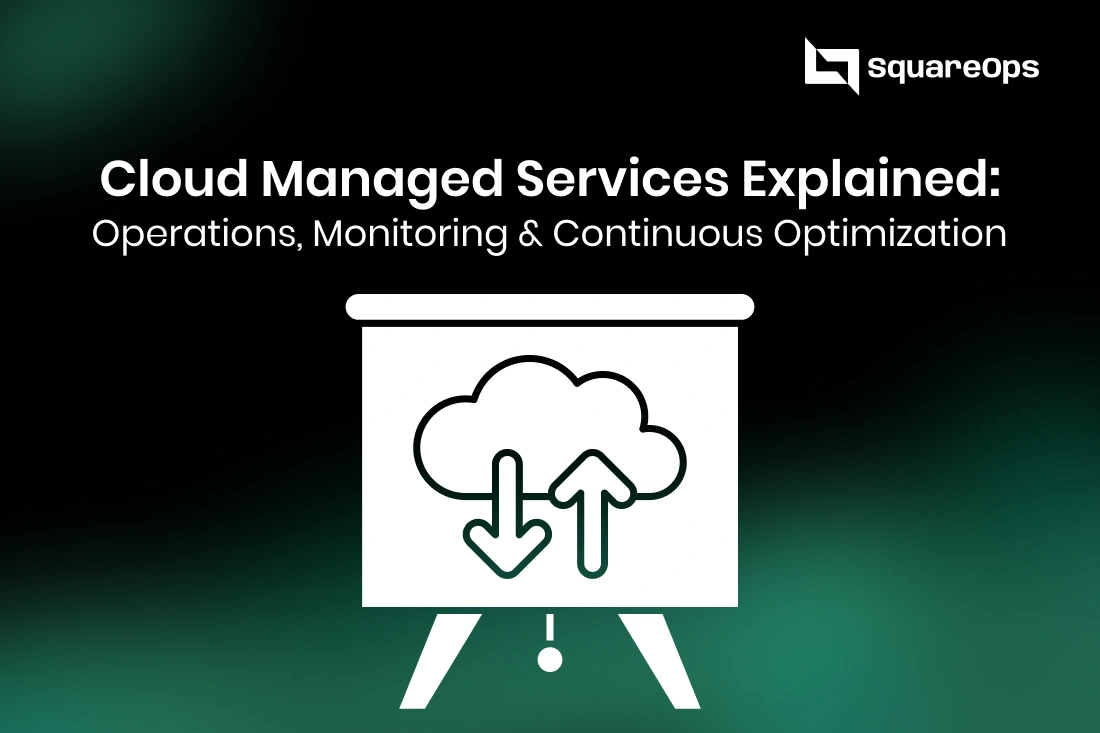AWS vs Azure vs Google Cloud DevOps which platform should your business choose in 2025? Explore DevOps tools, CI/CD pipelines, Kubernetes support, pricing, and compliance for SaaS, FinTech, and enterprise teams in the US.
Over the last decade, DevOps has transformed software delivery. It brought automation, collaboration, and agility to development and operations, enabling companies to innovate faster. But in 2025, DevOps is no longer just about CI/CD pipelines; it’s about cloud-native DevOps.
US companies across industries SaaS, FinTech, healthcare, and e-commerce, are asking a critical question: Which cloud platform is best for DevOps?
The “big three” cloud providers, Google Cloud Platform (GCP), Amazon Web Services (AWS), and Microsoft Azure, all offer powerful DevOps solutions. But each comes with different tools, strengths, weaknesses, and pricing models.
This in-depth guide compares Google Cloud DevOps, AWS DevOps, and Azure DevOps to help US businesses choose the best platform in 2025.
What is DevOps in the Cloud?
At its core, DevOps is a culture + set of practices that bring development and operations together to:
- Automate software delivery.
- Improve speed, reliability, and scalability.
- Enable continuous integration and continuous delivery (CI/CD).
When paired with the cloud, DevOps evolves into cloud-native DevOps:
- Infrastructure managed as code.
- Automated pipelines for testing, building, and deploying applications.
- Scalable environments for containers, microservices, and AI workloads.
- Monitoring, logging, and security are embedded from day one.
In 2025, US companies will rely on cloud DevOps for:
- Faster release cycles.
- Compliance automation (HIPAA, SOC2, PCI DSS).
- Cost optimization with serverless and auto-scaling.
- Innovation with Kubernetes and AI-driven pipelines.
The key is choosing the right cloud DevOps platform: AWS, Azure, or Google Cloud.
Overview of Each Cloud DevOps Offering
Google Cloud DevOps (GCP)
Google, the creator of Kubernetes, has a DevOps stack deeply aligned with containerization and automation.
Core tools:
- Cloud Build: CI/CD pipeline service.
- Cloud Deploy: Automated application deployment.
- Artifact Registry: Manage Docker images and language packages.
- Google Kubernetes Engine (GKE): Industry-leading Kubernetes service.
- Anthos: Hybrid and multi-cloud DevOps.
- Cloud Monitoring & Operations Suite: Observability and incident response.
- DORA metrics integration: Based on Google’s DevOps Research & Assessment.
Strengths:
- Best-in-class Kubernetes support.
- AI/ML integrations with Vertex AI and BigQuery.
- Developer-friendly automation.
Example:
A US SaaS company uses GCP DevOps for microservices with GKE, reducing deployment times from hours to minutes.
AWS DevOps
As the market leader, AWS offers the most mature and extensive DevOps ecosystem.
Core tools:
- CodePipeline: CI/CD automation.
- CodeBuild: Build automation.
- CodeDeploy: Automated deployment.
- CloudFormation & CDK: Infrastructure as Code (IaC).
- Elastic Kubernetes Service (EKS): Managed Kubernetes.
- ECS: Container service.
- CloudWatch & X-Ray: Monitoring and observability.
Strengths:
- Largest DevOps toolset.
- Global infrastructure and enterprise adoption.
- Rich integrations with security and compliance services.
Example:
A FinTech company uses AWS DevOps to deploy fraud-detection models via CI/CD pipelines and scale globally across multiple AWS regions.
Azure DevOps
Microsoft’s Azure DevOps is strong in enterprises already invested in Microsoft’s ecosystem.
Core tools:
- Azure DevOps Services: Boards, Repos, Pipelines, Test Plans, Artifacts.
- GitHub Actions: Integrated CI/CD with GitHub (Microsoft-owned).
- Azure Resource Manager (ARM) & Bicep: Infrastructure as Code.
- Azure Kubernetes Service (AKS): Managed Kubernetes.
- Azure Monitor & Application Insights: Observability.
Strengths:
- Deep integration with Microsoft 365, GitHub, and Active Directory.
- Enterprise adoption in healthcare, finance, and government.
- Strong compliance and hybrid cloud features.
Example:
A healthcare SaaS provider builds HIPAA-compliant pipelines with Azure DevOps and GitHub Actions, ensuring faster releases while maintaining strict compliance.
Key Comparison: Google Cloud vs AWS vs Azure DevOps
1. CI/CD Pipelines
- GCP: Cloud Build + Deploy (serverless, fast, integrated with GKE).
- AWS: CodePipeline + CodeBuild + CodeDeploy (mature, customizable).
- Azure: Azure Pipelines + GitHub Actions (strong developer adoption).
Verdict: Azure leads for GitHub users, GCP for Kubernetes-native CI/CD, AWS for enterprises needing deep customization.
2. Containerization & Kubernetes
- GCP: GKE is the gold standard for Kubernetes.
- AWS: EKS is robust but slightly more complex.
- Azure: AKS is strong but trails GKE in maturity.
Verdict: GCP dominates Kubernetes.
3. Infrastructure as Code (IaC)
- GCP: Deployment Manager, Terraform.
- AWS: CloudFormation, CDK.
- Azure: ARM templates, Bicep.
Verdict: AWS has the most advanced IaC ecosystem.
4. Monitoring & Logging
- GCP: Cloud Monitoring, Logging, APM.
- AWS: CloudWatch, X-Ray.
- Azure: Azure Monitor, Application Insights.
Verdict: All strong; Azure Monitor excels in enterprise app observability.
5. Security & Compliance
- GCP: Policy Controller, IAM, FedRAMP, HIPAA.
- AWS: IAM, GuardDuty, Security Hub, PCI DSS, HIPAA.
- Azure: Azure Policy, Active Directory, HIPAA, GDPR.
Verdict: AWS has the widest compliance certifications.
6. Ecosystem & Integrations
- GCP: Strong with AI/ML (Vertex AI, BigQuery).
- AWS: Largest ecosystem, 200+ services.
- Azure: Tight Microsoft ecosystem (Office, Dynamics, GitHub).
Verdict: GCP for AI, AWS for breadth, Azure for Microsoft-heavy enterprises.
7. Pricing Models
- All three use pay-as-you-go.
- GCP: Often cheaper for Kubernetes-heavy workloads.
- AWS: Complex pricing, but granular control.
- Azure: Competitive pricing for enterprises in Microsoft stack.
Verdict: Depends on workload → GCP for Kubernetes cost efficiency, Azure for enterprise bundles, AWS for flexibility.
Strengths & Weaknesses of Each Platform
Google Cloud DevOps
Kubernetes leadership.
AI/ML integrations.
Smaller US enterprise footprint than AWS/Azure.
AWS DevOps
Largest ecosystem.
Compliance leadership.
Steep learning curve, pricing complexity.
Azure DevOps
Tight Microsoft integration.
Enterprise adoption.
Less advanced Kubernetes features.
Cost Optimization in Cloud DevOps
- Spot instances reduce CI/CD compute costs (AWS, GCP, Azure).
- Serverless pipelines (GCP Cloud Build, AWS Lambda).
- Right-sizing workloads to avoid over-provisioning.
- Monitoring logs—Azure Monitor and CloudWatch can drive hidden costs.
Case Example:
A SaaS startup cut 30% of its cloud DevOps bill by moving from AWS to GCP for Kubernetes-heavy workloads.
Which Cloud DevOps is Best in 2025?
- Google Cloud DevOps → Best for Kubernetes-first, AI-driven workloads.
- AWS DevOps → Best for large enterprises, global scale, strict compliance.
- Azure DevOps → Best for Microsoft-native enterprises and healthcare.
Recommendation: Many US companies adopt a hybrid/multi-cloud DevOps strategy, using GCP for AI, AWS for compliance-heavy workloads, and Azure for enterprise apps.
Future of Cloud DevOps
By 2030, DevOps will evolve into AIOps automation enhanced by AI.
- Predictive pipelines → failures detected before they happen.
- Multi-cloud orchestration.
- Generative AI integrated into DevOps workflows.
The future is multi-cloud + AI-driven DevOps.
Conclusion
Choosing between Google Cloud DevOps, AWS DevOps, and Azure DevOps depends on:
- Industry needs.
- Workload types.
- Compliance requirements.
- Tech stack alignment.
- GCP: Kubernetes & AI-first SaaS.
- AWS: Enterprise scale + compliance.
- Azure: Microsoft-native enterprises.
At SquareOps, we help US businesses design, migrate, and optimize DevOps pipelines across AWS, Azure, and Google Cloud, ensuring scalability, compliance, and cost savings.
